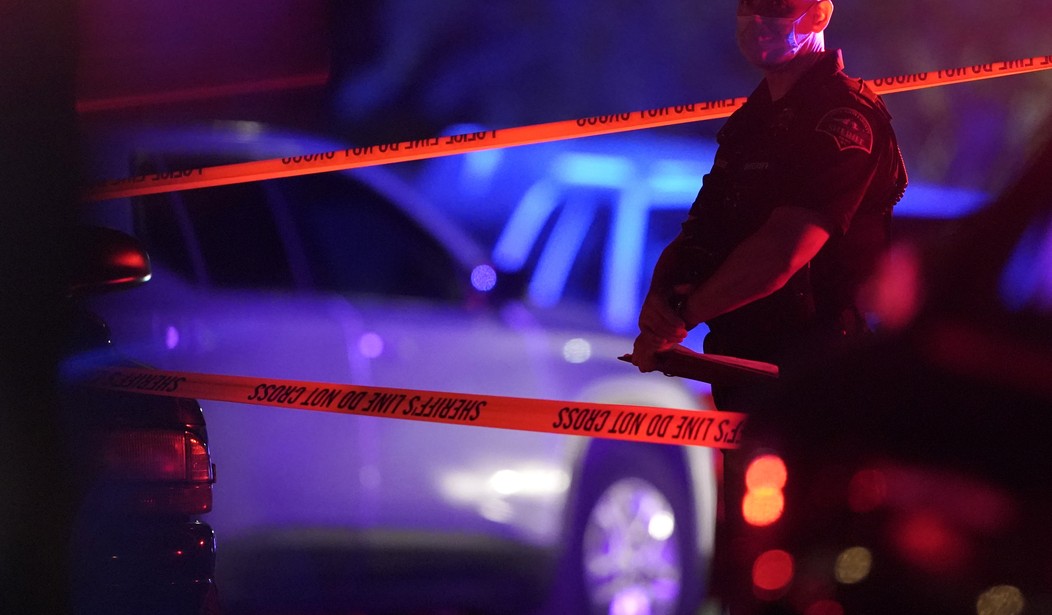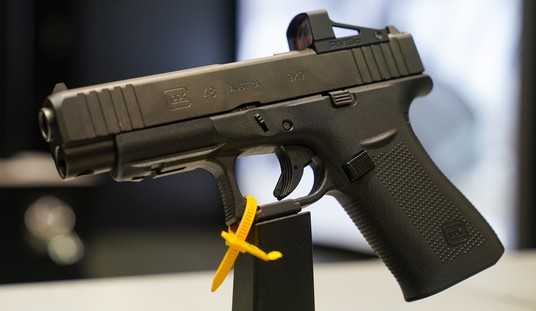100 years ago, gun control activists were a little more vocal about the intent behind their restrictions. In the debate over New York’s Sullivan Act back in 1909, for instance, police chief Douglas McKay told the New York Times that he and other officials considered it “essential” to “prevent the workmen from carrying concealed weapons,” noting that the habit was particularly strong among “both negroes and Italians.”
Today’s gun control activists use colorblind language in their push to restrict the right to keep and bear arms, but as a recent report by the Ingham County, Michigan prosecutor’s office reveals, racial minorities are still far more likely to bear the brunt of gun control enforcement.
The findings aren’t pretty, Ingham County Prosecutor Carol Siemon said. But it’s important prosecutors look at the data to see what changes they can make to try to decrease inequities in the system.
“What we don’t know yet is what does this really mean,” Siemon said.
Some of the preliminary data that has been released showed that in 2019:
- Black people were 1.7 times more likely than white people to be stopped by police
- Once stopped, Black people were three times more likely to be searched despite not being any more likely to have drugs or weapons on them.
- Black people were 14.2 times more likely than white people to be arrested for and charged in a case where the most serious offense was weapons-related (most of these cases involved guns).
- Black people were 5.1 times more likely to have their cases referred to the prosecutor’s office by police
- Lower-income people were 1.7 times more likely to have their cases referred to the prosecutor’s office by police
While Carol Siemon may not be sure what this data really means, I’ve got an idea. It means that, thanks to a decades-long push to make gun ownership taboo in Democrat-controlled cities like Lansing (Ingham County’s most populous city and the state capitol of Michigan), a disproportionate number of black and low-income residents are ending up arrested, charged, and convicted for non-violent possessory gun offenses like carrying a gun without a license.
As a recent amicus brief by public defenders in support of a challenge to New York’s “may issue” permit laws documented, Ingham County isn’t alone in seeing the disproportionate impact of gun control laws on black residents and gun owners.
In 2020, while Black people made up 18% of New York’s population, they accounted for 78% of the state’s felony gun possession cases. Non-Latino white people, who made up 70% of New York’s population, accounted for only 7% of such prosecutions. Black people were also more likely to have monetary bail set, as opposed to release on their own recognizance or under supervision, even when comparing individuals with no criminal record. When looking at only N.Y. Penal Law § 265.03(3)—which alleges only possession of a loaded firearm—80% of people in New York who are arraigned are Black while 5% are non-Hispanic white. Furthermore, according to NYPD arrest data, in 2020, 96% of arrests made for gun possession under N.Y. Penal Law § 265.03(3) in New York City were of Black or Latino people. This percentage has been above 90% for 13 consecutive years.
The question is what can be done to address this? I don’t think the answer is “stop more white people,” as appealing as that might be to gun control activists. Neither is defunding the police the right idea, though I’m sure the far Left in Lansing, Ingham County, and New York City would disagree.
No, what really needs to happen is for Democrats to stop discouraging gun ownership and start promoting the responsible exercise of our Second Amendment rights, especially in those communities that suffer the greatest disparities in arrests and prosecutions for possessory offenses. In the short term, that means encouraging people to get their carry license, offering free concealed carry courses for low-income residents instead of hosting gun “buybacks”, and working with local firearms instructors to foster a culture of responsible gun ownership.
In the long term, Democrats need to completely rethink their support for the gun control laws that they’ve put on the books over the previous decades. If black residents in Ingham County, for instance are 14 times (!) as likely as their white counterparts to be arrested and charged for “crimes” like possessing a gun without a license, that sounds to me like a really good argument for Constitutional Carry.
And of course, as we’ve discussed ad nauseam here at Bearing Arms, strategies that focus both law enforcement and community resources on the most violent and prolific offenders can also dramatically reduce crime while lowering overall arrest rates, and don’t depend on prosecuting non-violent, possessory offenses.
The data from Ingham County isn’t pretty, as its chief prosecutor acknowledges. Now it’s up to those in charge to actually address the underlying issues creating the disparate outcomes, including the gun control laws of their own creation.









